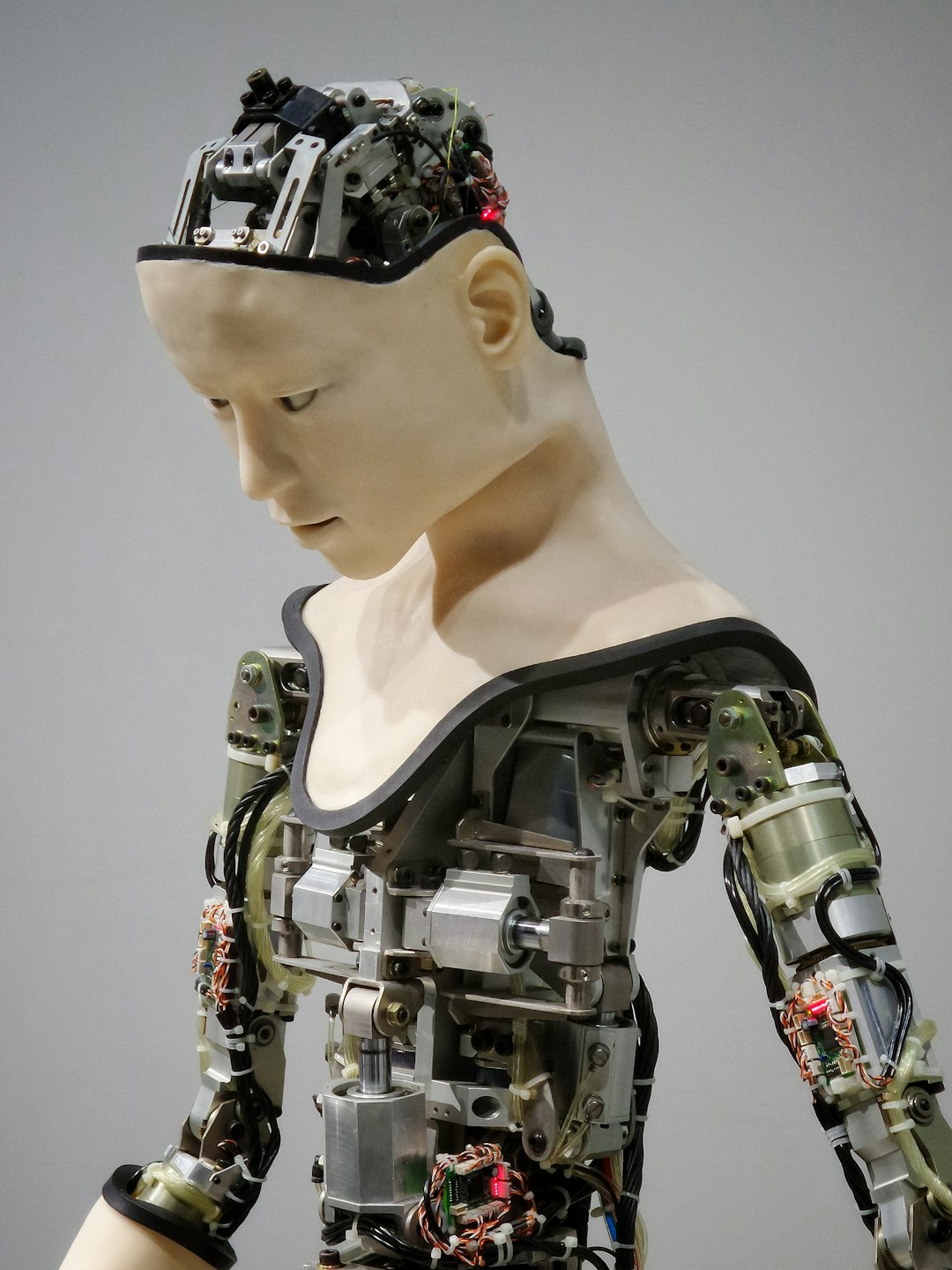Have We Reached the Game-Changing Moment on AI?
No. No we have not. But maybe soon?

Elon Musk’s destruction disruption of Twitter has been sucking up a lot of oxygen in the mainstream media and social media. Indeed, the degree to which Twitter has become a marathon conversation about past, present, and future Twitter has re-produced that late 2010s combination of exasperation and exhaustion. Good times.
The ruckus has also overshadowed other tech news with far greater ramifications for the future. The possibility of viable fusion power seems awfully promising, for example. Of course, even the optimistic assessments suggest that this is still a couple of decades in the future, so we can put a pin in those developments for now.
Perhaps the most low-key significant development over the past few weeks was in the AI field. For a long time AI has been viewed as a rare general purpose technology that could yield transformative effects across a wide array of economic sectors. The latest innovation to hint at AI’s potential has been the November 30th release of ChatGPT. Developed by OpenAI, it is an artificial intelligence construct designed to engage in dialogue with human operators using Reinforcement Learning from Human Feedback (RLHF). The result is an AI that can produce a decent facsimile of human language when asked to do so.
I tried it out last week after one of my Fletcher students sent me ChatGPT’s answer to one of my paper assignments. The result caught me short. It was not a great paper by any stretch of the imagination (more about that in a moment). But it was also not the worst one I have read this semester.
The implications of such a tool are not minor. In “Wage Labor and Capital,” Marx argued that the technological dynamism of capitalism would allow for the simplification of labor. Technology would eventually segment even complex tasks requiring highly-skilled labor into a series of simple tasks. This would both increase overall productivity while reducing the wages of individual workers, leading to that whole “we have nothing to lose but our chains” outcome. Marx’s prediction contained a grain of truth to explain manufacturing — much more so than trade, automation i responsible for the declining number of manufacturing jobs across the globe. This logic, however, did not seem to apply to the (much larger) service sector.
Until… now? The introduction of ChatGPT has triggered an outpouring of human analyses about its ability to disrupt particular tasks — or entire professions. Jenna Greene notes that ChatGPT can “mimic the work of lawyers, with varying degrees of success.” Paul Krugman warns that “ChatGPT is only the latest example of technology that seems to be able to carry out tasks that not long ago seemed to require the services not just of human beings but of humans with substantial formal education.” The Atlantic’s Derek Thompson suggests that this kind of generative AI is “potentially akin to the release of the iPhone in 2007, or to the invention of the desktop computer several decades ago.”
So, will ChatGPT do to the service sector what automation did for the manufacturing sector? That is an excellent and important question. Machine language models can assist in performing a variety of written tasks. There are many professions where writing is a significant component of the job. In these areas, humans could find it useful to have an AI program take initial steps toward the completion of an assignment. The effects of AI assistance on overall employment or wages in particular sectors would be difficult to ascertain at the current moment, however.
Now is usually the moment in columns about new AI tech when the author reveals that ChatGPT wrote the previous paragraph (see Krugman, for example). In my case that is not exactly true. I wrote the previous paragraph — but I was trying to mimic what ChatGPT would have said. Because after engaging with the tech for just a few minutes, the blandness of the writing style becomes extremely clear to identify. In other words, anyone thinking that there will be a new wave of automated college papers has never had to grade a mess of college papers. ChatGPT writes grammatically correct sentences, and I’m not gonna lie, that can be refreshing after reading the work of some students. That said, this AI cannot replicate course-relevant references, or the demonstration of specific knowledge gleaned from a particular instructor.
What ChatGPT generates is competent bullshit. That ain’t nothing! In my job I have to read and write a fair amount of text that falls into that category. Think cover letters, email replies, or letters of recommendation, for example. This tech can, at a minimum, produce the skeletal structure of such a letter, allowing a smart person to appropriately personalize it. Much like a calculator with numbers, this tech can perform simple tasks with text, freeing up time for an individual to focus on the more complex tasks.
Maybe, over time, AIs will be able to mimic more sophisticated prose and analysis. ChatGPT convinces me that it’s a possibility. Maybe such tech will be rolled out before fusion power. I suspect, however, that the disruption to the service sector will be slower and more marginal than many are claiming right now.
No doubt about it, the game has changed. But not by much.

Who cares if it can write college-level essays. Can it grade the damn things?
There is already a great deal of research being published in the leading marketing/service journals about the impact of AI/robots on service delivery.